Skincare guide: Your A-Z glossary of hero ingredients, according to the experts
Don’t know your antioxidants from your acids? Our helpful guide spills all you need to know
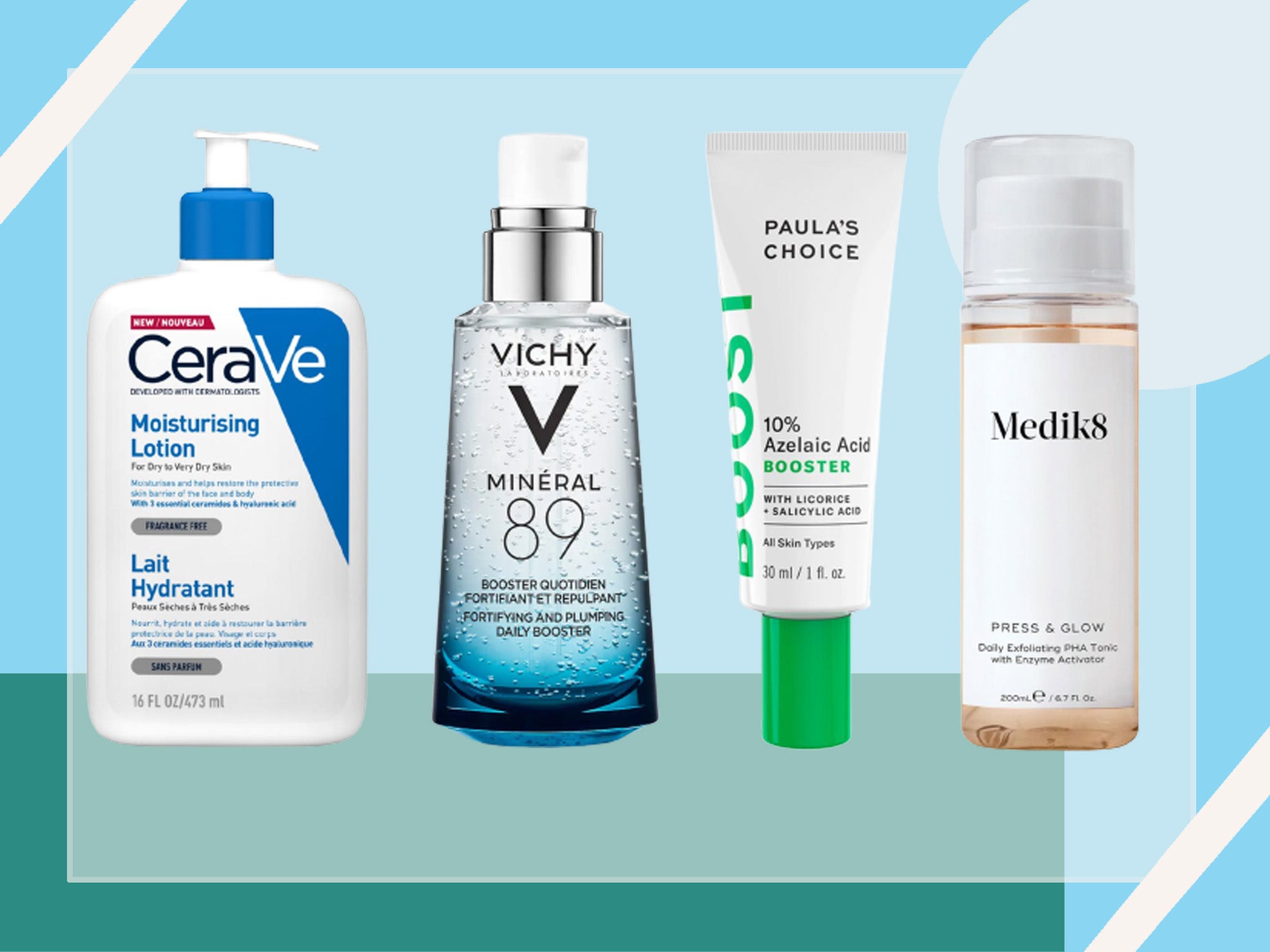
Your support helps us to tell the story
From reproductive rights to climate change to Big Tech, The Independent is on the ground when the story is developing. Whether it's investigating the financials of Elon Musk's pro-Trump PAC or producing our latest documentary, 'The A Word', which shines a light on the American women fighting for reproductive rights, we know how important it is to parse out the facts from the messaging.
At such a critical moment in US history, we need reporters on the ground. Your donation allows us to keep sending journalists to speak to both sides of the story.
The Independent is trusted by Americans across the entire political spectrum. And unlike many other quality news outlets, we choose not to lock Americans out of our reporting and analysis with paywalls. We believe quality journalism should be available to everyone, paid for by those who can afford it.
Your support makes all the difference.Skincare products can often be full of jargon, lengthy instructions on how to use them, ingredient names you can’t pronounce and bold performance claims.
However, understanding the role, ability and efficacy of ingredients will ensure you get the most out of your products, and understand how to correctly address your skin concerns, whether that’s dryness, congestion, breakouts, dullness, wrinkles, fine lines and more.
To help demystify and explain some of the most common, and up and coming ingredients on the skincare scene, we’ve compiled a handy alphabetical guide, with the help of leading dermatologists, aestheticians and scientists.
They’re all ingredients you’ll find in over-the-counter products such as cleansers, moisturisers, serums, masks and spot treatments.
From AHA’s to sulphates, ceramides to retinol, think of this as your skincare glossary that you can refer back to next time an ingredient or its purpose has you stumped.
Read more:
Alpha hydroxy acids
Exfoliating acids come in three main forms; alpha hydroxy acids (AHA’s), beta hydroxy acids (BHA’s) and polyhydroxy acids (PHA’s). Dr Ophelia Veraitch, consultant dermatologist at the Cranley Clinic, explains exactly how AHA’s perform on the skin.
“When applied to skin as part of your skincare regime they can loosen the outer layer of dead skin, helping to exfoliate skin and make way for fresh, new skin underneath.” She says. “AHA’s are exfoliating to varying degrees, with glycolic acid being the most powerful in the group. Lactic acid for example is a more gentle acid because of its larger molecule size. AHA’s help to increase the skin’s cell renewal, and decongest the skin, so they are very popular for congested and acne-prone skin.”
Try: Dr glycolic pore purifying glow toner, £30, Beautypie.com
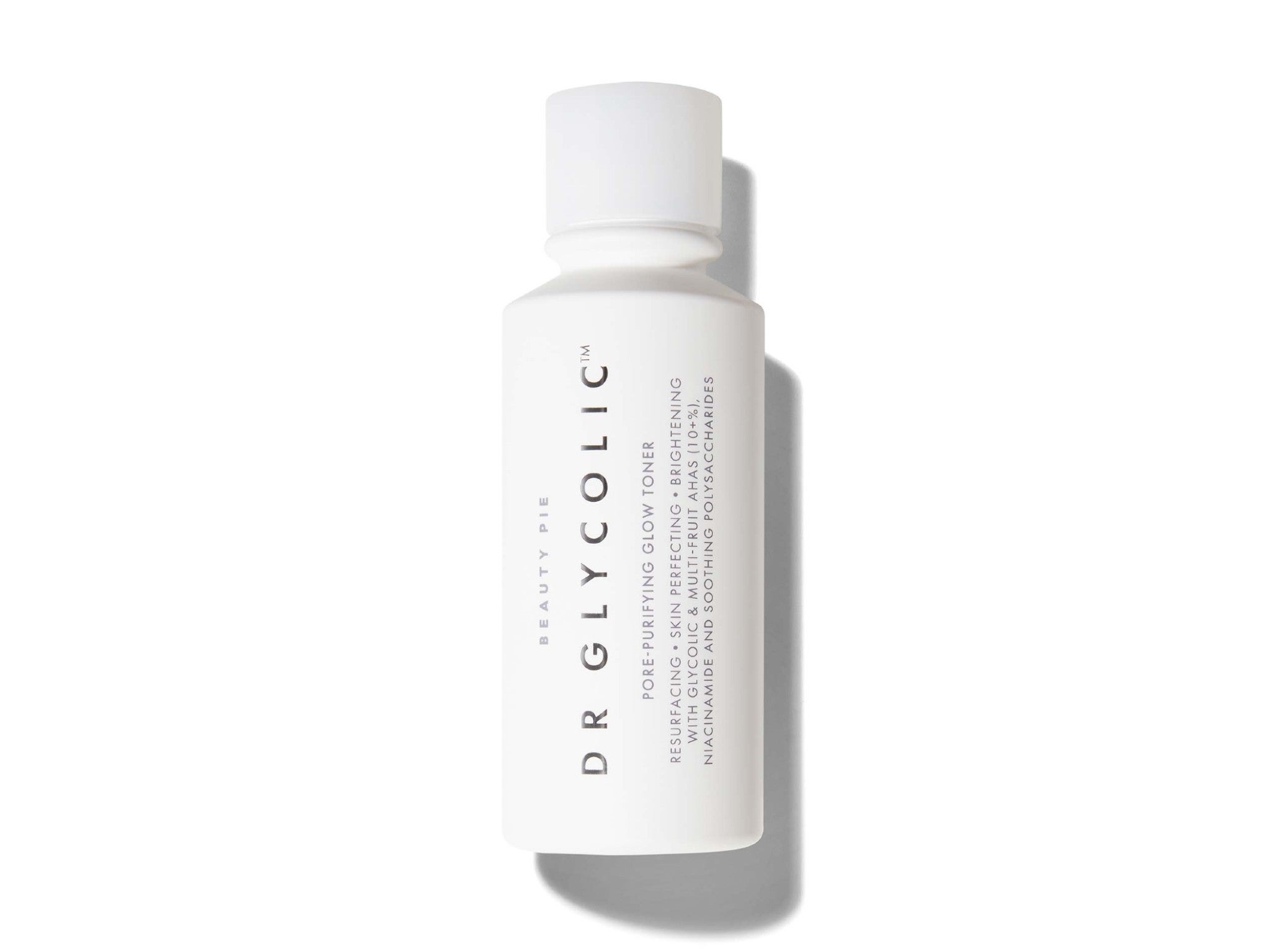
Antioxidants
While commonly found in nature, Dija Ayodele, aesthetician and founder of the Black Skincare Directory and West Room Aesthetics, explains that in skincare, antioxidants are an umbrella term for a range of ingredients – including ferulic acid, green tea extract, vitamin c and resveratrol, among many others.
“Antioxidants protect your skin from free radical damage caused by sun damage, pollution and lifestyle habits such as excessive drinking and smoking.” She adds. “They will help slow the breakdown of collagen and elastin in the skin ensuring skin remains plump and glowing.”
Azelaic Acid
Azelaic acid is derived from wheat and barley and is often used to treat acne and rosacea due to its anti-inflammatory and antibacterial properties. Dr Ifeoma Ejikeme, aesthetic medicine doctor and medical director of Adonia Medical Clinic says, “Azelaic acid is a gentle exfoliant which makes it a good choice for dry or sensitive skin. It is one of the few topicals that is safe to use during pregnancy and breastfeeding.”
She also explains to IndyBest that it’s a tyrosinase inhibitor, which prevents the overproduction of melanin and can therefore prevent hyperpigmentation.
Try: Paula’s choice Azelaic acid booster, £37, Cultbeauty.co.uk
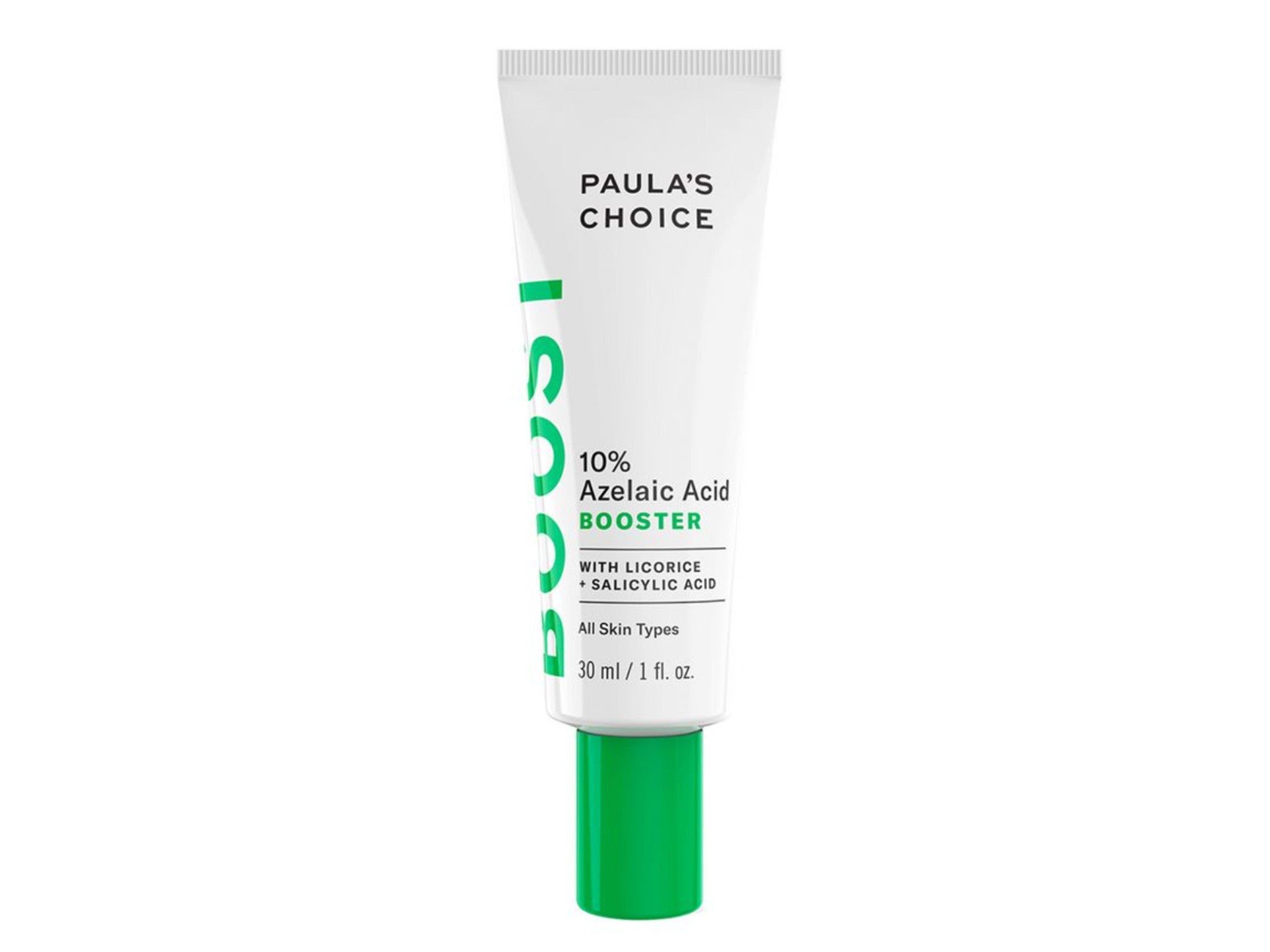
Bakuchiol
In the last five years, bakuchiol has made its way onto the mainstream beauty scene, described as a natural alternative to retinol as it’s made of plant-based ingredients. However it has a deep-rooted history in Ayurveda, a holistic medicine practice that hails from India.
One of its main selling points is that it’s less likely to irritate the skin like a traditional retinol can – whose side effects include flaking or peeling skin. Dr Veraitch explains bakuchiol’s benefits for the skin. “It can help reduce fine lines and wrinkles and even skin tone, as well as improving elasticity and making skin feel firmer. So if your skin is sensitive or is irritated by retinol it could be a good alternative to retinol.”
Try: The Inkey List bakuchiol, £8.45, Feelunique.com

Beta hydroxy acids
Beta hydroxy acids work on the surface of your skin and exfoliate deep inside your pores, breaking down a build-up of keratin, which can clog pores and lead to breakouts. Congested and oily skin will see the most results from using BHA’s regularly as part of your skincare routine and the most popular one is salicylic acid, which can be found in many targeted blemish treatments and serums.
Try: Murad rapid relief spot treatment, £16, Lookfantastic.com
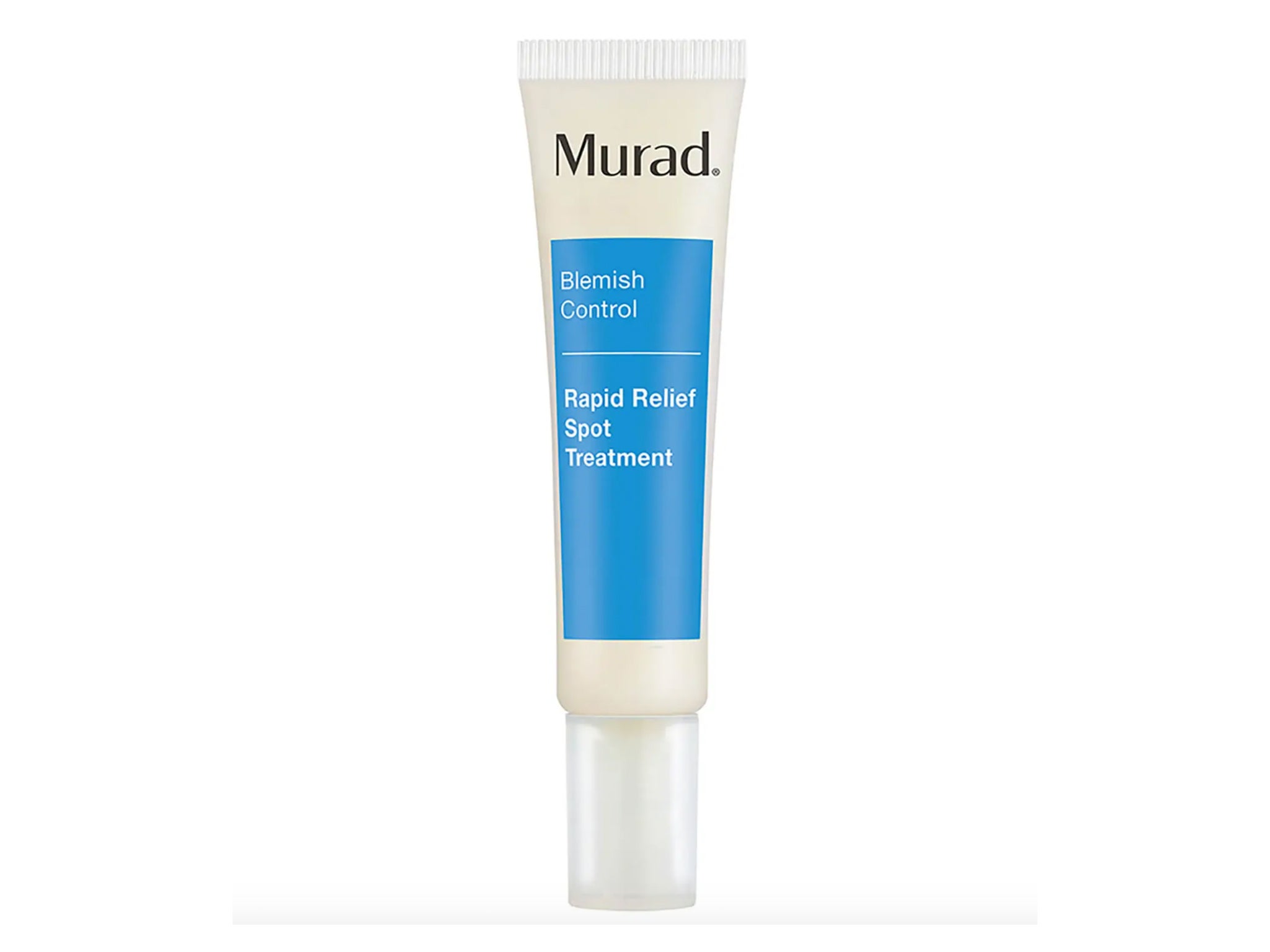
Ceramides
These are very common ingredients found in cleansers, serums and moisturisers, and are lipids that naturally occur in skin. According to medical and cosmetic consultant dermatologist, Dr Anjali Mahto, they make up around 50 per cent of your skin’s composition and are effectively the mortar between your skin cells. Therefore they are extremely important in protecting your skin against environmental aggressors and preventing water loss.
“Using ceramides in your routine will help to keep your skin barrier functioning well which in turn can help skin to feel more supple and hydrated,” she says.
Try: CeraVe moisturising lotion, £12, Boots.com
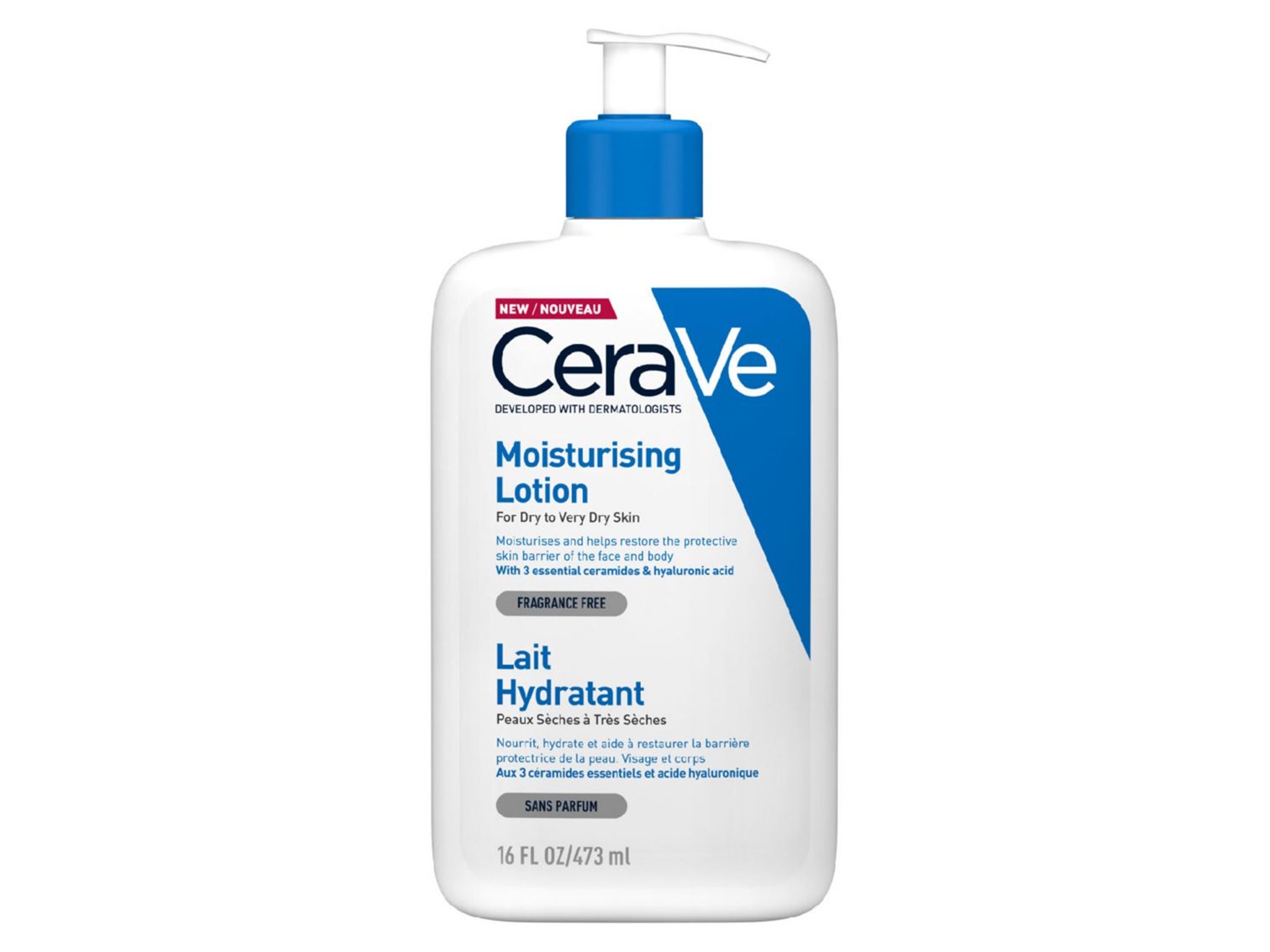
Chemical exfoliants
Dr Michelle Wong, a PhD scientist and science educator at Lab Muffin, explains that chemical exfoliants help shed dead skin cells by loosening them from the skin’s surface.
“The ones you’ll see most in skincare are AHA’s and BHA’s, although PHA’s are also becoming more common.” She says. “Skin cells naturally shed, but sometimes this natural process gets disrupted, so a chemical exfoliant can help it along. Too much dead skin can lead to duller skin and emphasised wrinkles, so chemical exfoliants can help with that.”
Collagen
This is a type of protein produced in our body, helping to support the skin’s strength and elasticity, but as we get older it depletes over time. According to Wong, collagen acts as a moisturising ingredient, which is why it’s often found in products such as serums and moisturisers.
Read more: 14 best anti-ageing serums that target wrinkles, dark spots and dullness
In the past decade, it’s become popular to put it in food and beverages as a supplement, promising anti-ageing benefits, but scientific evidence for their effectiveness on human skin when taken orally remains scarce.
Glycerin
“Glycerin is an excellent humectant that holds onto water. It’s naturally found in skin, and it’s in a lot of skincare products as well,” adds Wong. When applied, it sinks into the top layers of skin and increases hydration by holding onto water there. As a result it’s a popular ingredient for moisturisers and hydrating products.
Hyaluronic acid
This is a non exfoliating acid, and one molecule can hold 1,000 times its weight in water. It’s another pesky ingredient that’s produced naturally in our bodies but production decreases with age. It works to attract and retain moisture, giving a plumping, softening effect on the skin. It has a gel-like texture, which is why it’s most commonly used in serums and moisturisers and can suit all skin types.
Try: Vichy minéral 89 hyaluronic acid hydration booster, £25, Lookfantastic.com
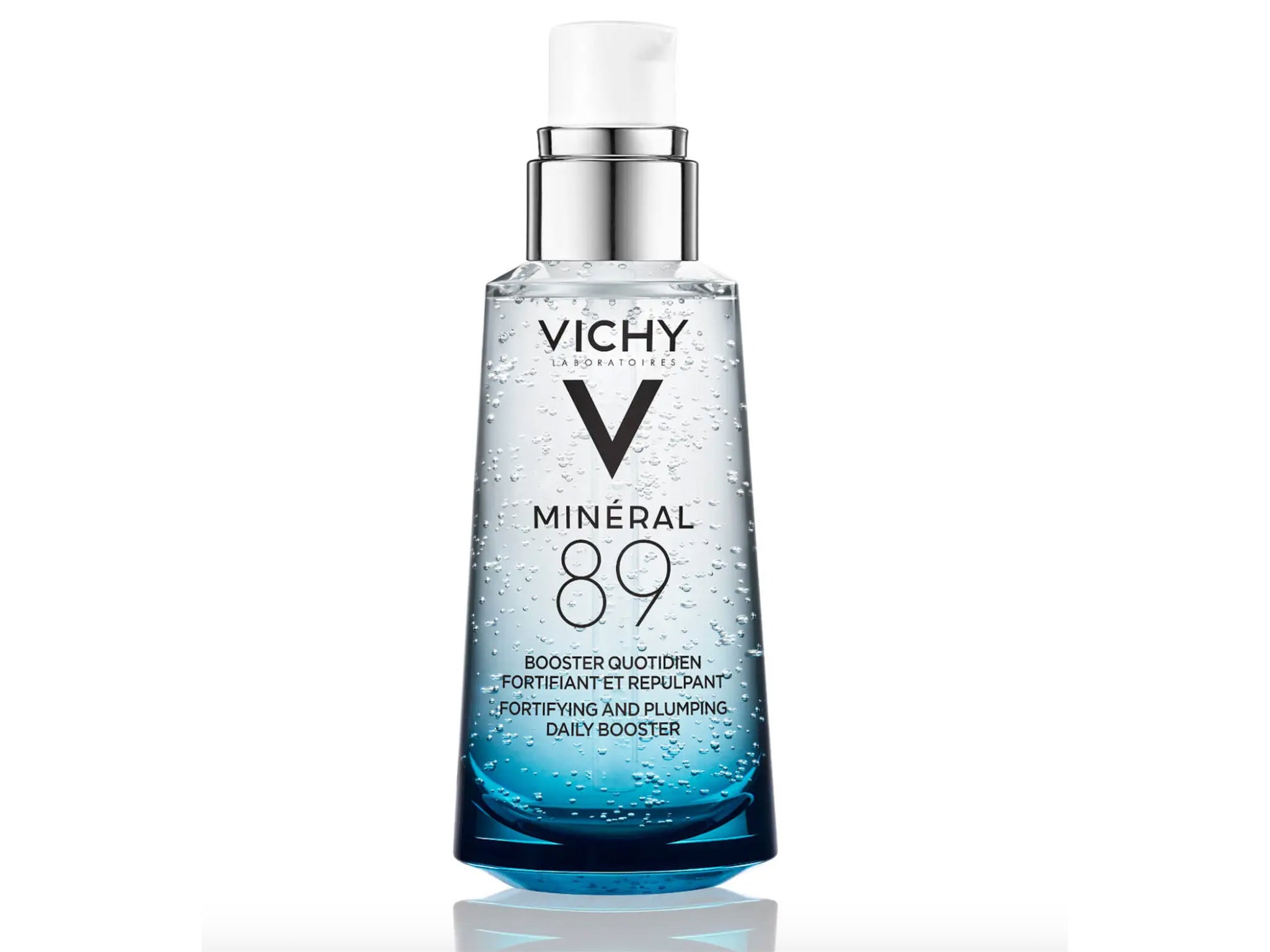
Lactic acid
Wong explains that lactic acid is an AHA that acts as a chemical exfoliant but is milder than most. While suitable for all skin types, acne-prone, sensitive and dry skin are likely to see the biggest benefits from using it as it can reduce blemishes, help the skin retain moisture and improve the appearance of wrinkles without causing irritation.
Mandelic acid
Mandelic acid is another AHA that is also milder if you’re prone to sensitivity. It’s derived from bitter almonds and has a bigger molecule size than glycolic acid – one of the more common AHA’s – which means it takes longer to penetrate the skin, and is therefore less likely to cause irritation.
If you’re new to acids, it’s a great place to start. Through gentle exfoliation, it can slough off dead skin cells for a smoother texture and brighter complexion with regular use.
Try: Selfless by Hyram mandelic acid and rice bran gentle exfoliating serum, £22, Selflessbyhyram.com
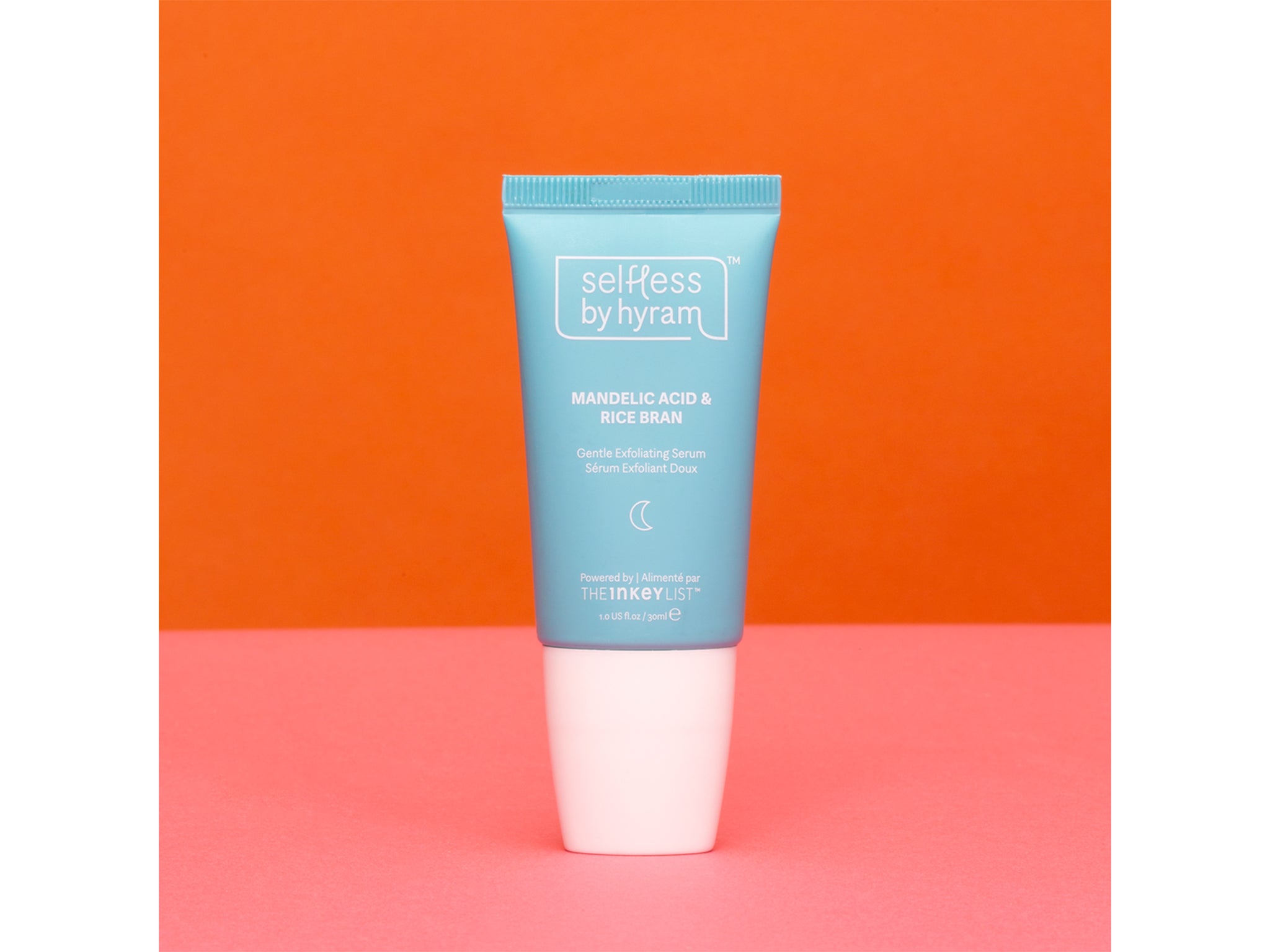
Niacinamide
As one of the most versatile ingredients in skincare, niacinamide is a form of vitamin B3. “It can help with sensitive skin, reduce wrinkles and brighten skin tone. Most importantly, it isn’t as irritating as a lot of other active ingredients in skincare,” says Wong.
Not only that, it can also shrink enlarged pores and decrease blackheads, making it a popular choice for oily and acne-prone skin. A 2006 study also found that niacinamide in less than two per cent can also lower oil production.
Poly hydroxy acids (PHA)
Part of the chemical exfoliant family, PHA’s sit alongside AHA’s and BHA’s, and are often found in exfoliating toners and cleansers, derived from malt sugar and milk sugar. Ayodele tells IndyBest that PHA’s are potent antioxidants which provide protection from environmental aggressors such as pollution.
“They have the added benefit of providing very light exfoliation and also hydration to the skin, meaning they are perfect for sensitised skin and helping to strengthen the skin.” She says. Common PHA’s include gluconolactone, galactose and lactobionic acid.
Try: Medik8 press and glow daily exfoliating PHA tonic, £25, Medik8.com

Peptides
Put simply, peptides are amino acids, which is a type of protein. Ayodele explains they have multiple benefits for the skin, including wound healing, collagen production, improving skin texture and reducing pigmentation. “The skin recognises them as ‘message carriers’ and is then able to direct them to the best use for the skin,” she says.
Retinol/retinoids
Retinoids are a group of compounds derived from vitamin A that have been clinically proven to be a brilliant topical agent at improving the appearance of ageing. Retinol is a type of retinoid and the most common type you’ll find in over the counter products. According to Dr Mahtom one percent retinol has been shown to be effective at improving fine lines and wrinkles in twelve weeks.
Read more: 14 best anti-ageing night creams to sleep your way to a youthful glow
It’s available in varying strengths – over the counter you’ll find it ranges from 0.01 per cent to two percent – with its main benefits increasing collagen production and helping fade pigmentation and acne scars.
While it’s very effective, it’s one of the most potent ingredients on the market and in high strengths can cause peeling, redness and sensitivity. It’s also not suitable for use during pregnancy or breastfeeding. It should only be used at night, starting with a low percentage, applied two to three times a week to build up tolerance. As it makes skin more photosensitive, it’s vital that you always wear SPF during the day after using retinol.
Try: La Roche-Posay redermic [R] retinol eye cream, £20.25, Boots.com
![La Roche-Posay redermic [R] retinol eye cream](https://static.the-independent.com/2021/07/09/14/LA%20ROCHE-POSAY%20RETINOL.jpg)
Squalane and squalene
With the texture of an ungreasy oil, squalane is naturally occurring in humans, but can also be derived from olives or sugarcane.
“It’s a moisturising agent similar to the squalene in our skin’s sebum that helps to fortify the barrier function of the skin, reducing water loss and helping to hydrate the skin,” says Dr Ejikeme. “It works well with other moisturising ingredients like glycerine and hyaluronic acid but it acts like a barrier sealing in the moisture.” As a result it’s particularly helpful for dry, dehydrated and mature skin.
Try: Biossance squalane + marine algae eye cream, £46, Cultbeauty.co.uk
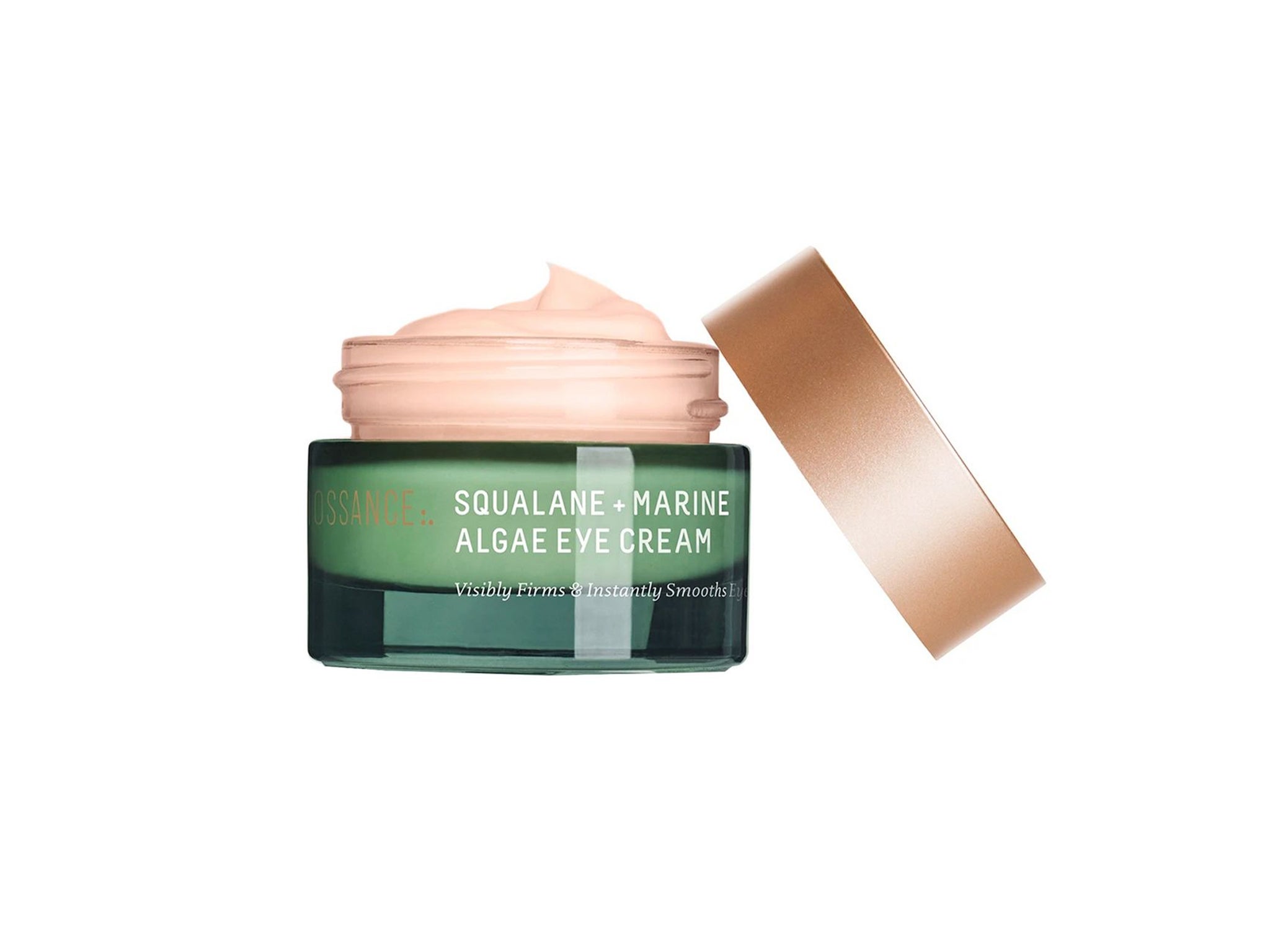
Tranexamic Acid
While it’s not a new ingredient, it’s only recently that tranexamic acid has been at the forefront of mainstream skincare products, particularly those designed to treat pigmentation.
“Dermatologists can use it by injecting it into the skin or prescribing oral tablets. If you don’t have access to a dermatologist, then using products e.g. serums bought over the counter which contain tranexamic acid may help to lighten the affected areas,” says Dr Mahto.
It’s also very safe, so all skin types can use it with little irritation. Plus, it can be a good first step in treating melasma and freckling due to sun exposure as you naturally age.
Vitamin C
This hardworking, multi-purpose antioxidant has a lengthy list of benefits, ranging from evening skin tone, protecting against environmental damage and pigmentation, fading dark spots along with brightening skin and improving the appearance of fine lines.
“Vitamin C works by blocking an important enzyme known as tyrosinase, a key player in the processes that lead to pigmentation. It will also function as an antioxidant, which means it is able to neutralise damage by free radicals.” Says Dr Mahto.
Read more: Vitamin C: Everything you need to know about the skincare ingredient
“These free radicals are generated by ultraviolet light from the sun and pollution, as well as our body’s own internal metabolic processes, and left unchecked can damage the DNA, proteins, and lipids in our skin leading to premature skin ageing.”
As it’s an unstable ingredient that oxidises quickly upon exposure to light, it needs to be kept in an opaque bottle with an airtight seal to stop this happening, and Dr Mahto recommends storing it out of direct sunlight in a cool, dry place.
Try: Skinceuticals C E ferulic vitamin c serum, £140, Lookfantastic.com
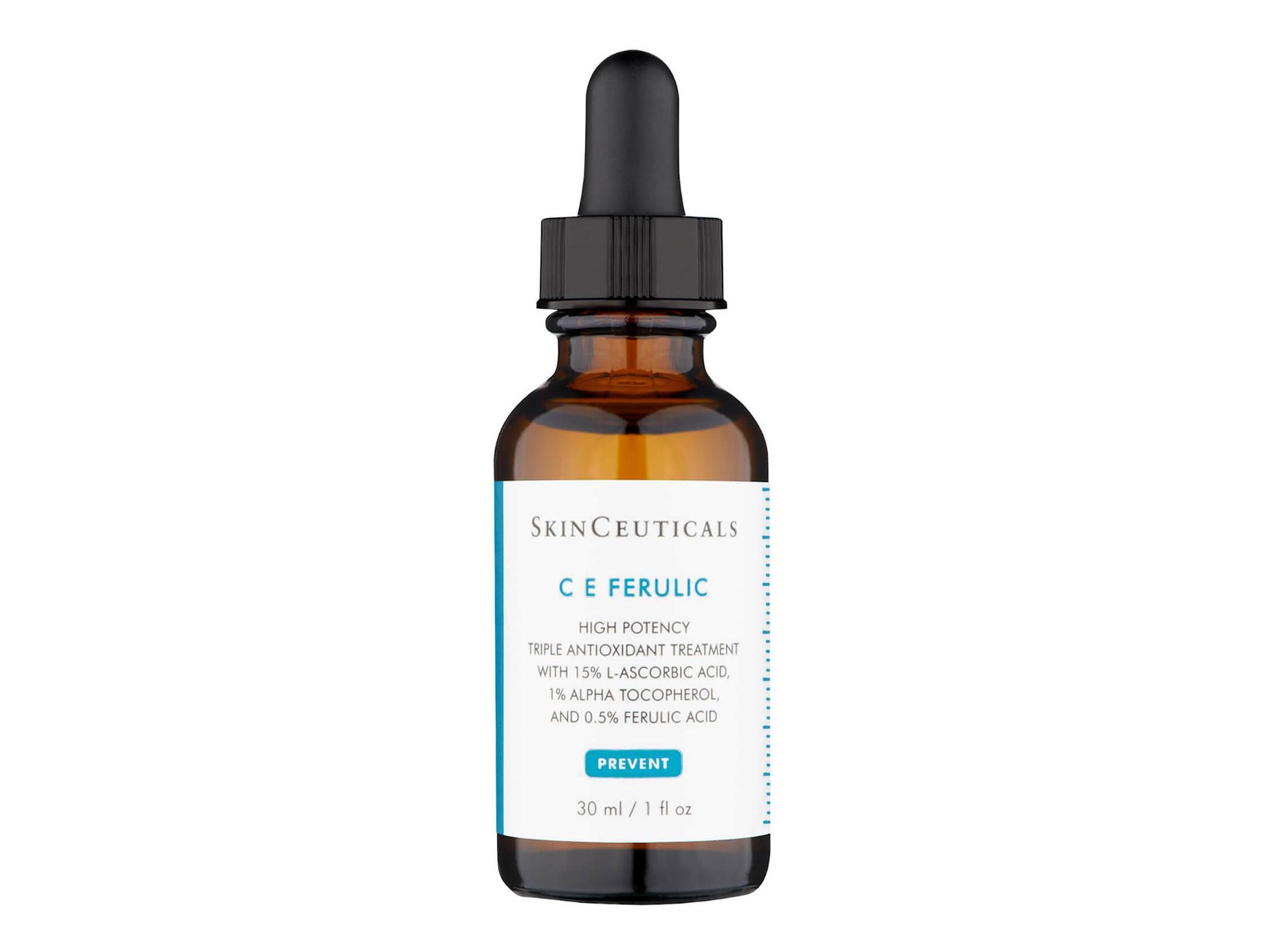
Zinc
Thanks to its anti-inflammatory and antibacterial properties, zinc is a common skincare ingredient, often seen in sunscreens. “Zinc oxide creates a ‘shield’ on your skin that protects from both UVA and UVB rays. It’s also effective as soon as it’s applied to the skin, unlike chemical sunscreens which typically require application for 20-30 minutes prior to sun exposure,” says Dr Mahto.
Read more: 10 best sunscreens for your face: Non-greasy SPFs for daily protection
It’s been linked to helping tackle acne too. She goes on to say, “The idea is that zinc can slow the growth of bacteria when applied, therefore making your skin less of a fertile ground for the bacteria to grow and then develop into spots.
“Further studies into its use for this purpose are needed, but incorporating zinc into your skincare regime alongside other proven ingredients to help manage acne certainly isn’t a bad idea.”
Voucher codes
For the latest discounts on serums and other skincare offers, try the below links:
Give your skincare a helping hand with our best derma rollers, which rejuvenate skin and boost hair growth